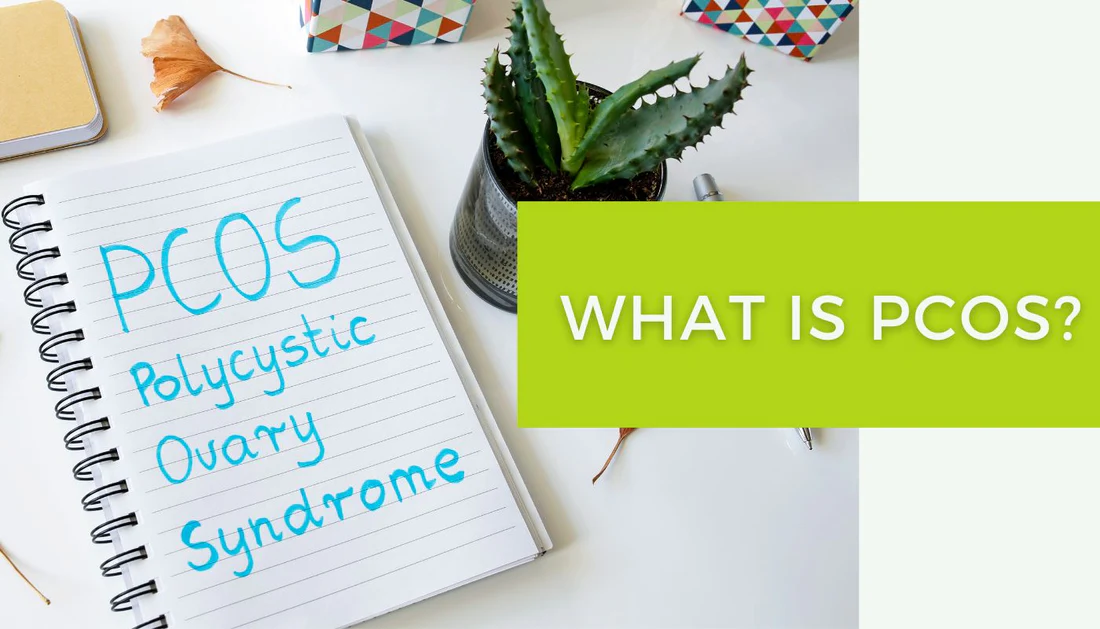
Understanding PCOS
Share
Polycystic ovary syndrome (PCOS) is one of the most common endocrine disorders among women of reproductive age and affects 6-10% of the population. It is a complex condition of heterogeneous nature (different phenotypes involved) characterized by chronic anovulation and hyperthyroidism.
Most women with PCOS who struggle with their weight have tried many different types of diets which are often overly restrictive ones that backfire despite their best efforts and feel that ‘failure’ to lose weight is a result of a problem with their willpower, when in fact this and other food-related challenges are now known to be a symptom of PCOS – not a cause.
Further, PCOS doesn’t just affect women who are overweight. In fact, PCOS affects women of all sizes, many of whom struggle for years with not only menstrual cycle symptoms, acne, hair loss and unwanted hair growth, but also with depression, anxiety and food-related symptoms, including cravings and binge eating.
The result of all of this is often a troubled relationship with food and a lot of confusion, overwhelm and disempowerment when it comes to feeling in charge of your body, eating and weight.
You can make a huge difference in the severity of your PCOS and sometimes even reverse your diagnosis, by getting to the roots of imbalance in this complex hormonal and metabolic condition. In this blog we looked at how you can use food and supplements to take charge of your symptoms and the relationship between diet and PCOS.
While we tend to think of PCOS primarily as a women’s hormone condition, it’s more than that, it’s a complex condition involving both female hormones – including testosterone which we often think of as a male hormone and notably, metabolic hormones, including insulin, leptin, and ghrelin. A phenomenon called insulin resistance is at the heart of the imbalances and its relationship to inflammation and appetite dysregulation, is what makes food such a powerful tool in PCOS treatment.
Insulin resistance causes the ovaries to produce excess testosterone, impairing ovulation and leading to the classic androgenic symptoms of PCOS (hair loss, unwanted hair and cystic acne). It also encourages inflammation which drives depression and fatigue and also puts women with PCOS at much greater lifetime risk of the metabolic consequences of PCOS. Most importantly, it impairs your relationship with food.
Insulin resistance goes hand-in-glove with dysregulation of other hormones that affect metabolism, weight, appetite, satiety and inflammation. Women with PCOS have been shown to have impaired secretion of a hormone called leptin, which controls appetite and satiety – in short, it tells our brains when we are full and should stop eating.
Numerous studies demonstrate the important influence diet can have on PCOS. In fact, a combination of healthy diet, supplements and exercise alone has been found to be more effective than even the most common medication (metformin) used to treat PCOS. The key, supported in numerous studies, lies in reducing insulin resistance. This can be done simply by nourishing the body with healthy food and addressing nutrient deficiencies with good supplements.
Without even losing weight, including healthy food options in your diet decreases testosterone, improves insulin sensitivity and reduces inflammation. Reducing testosterone reverses many of the symptoms associated with PCOS (acne, excess hair, male pattern hair loss, menstrual cycle irregularities and increases fertility), while reducing insulin and inflammation reduces the medical risks associated with PCOS.
For more tips on what to eat and which supplements to take, read this blog.
Information supplied by: Delfran
